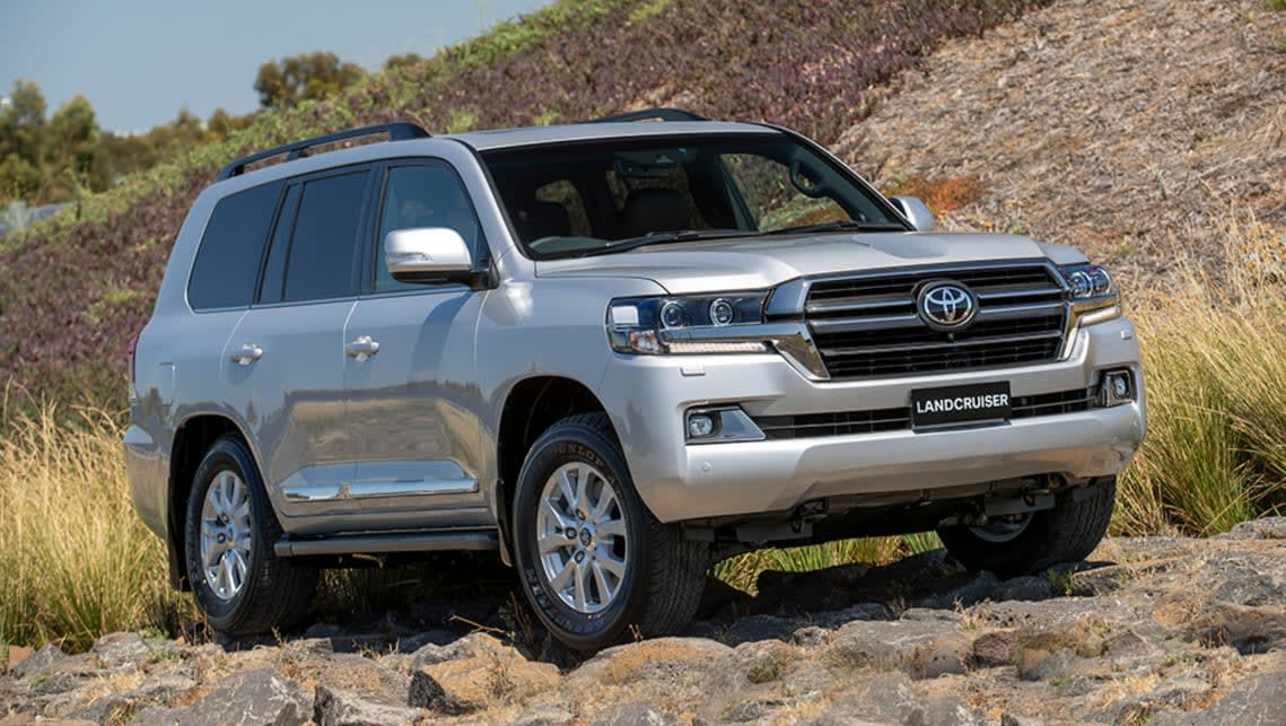The ongoing Coronavirus pandemic and Australia’s battered economy has pushed plans to begin dismantling the controversial luxury car tax (LCT) from as early as this year to somewhere in the mid-term future.
Speaking to CarsGuide, Federal Chamber of Automotive Industries (FCAI) spokesperson Lenore Fletcher couldn’t give a timeframe on when to expect the repeal of LCT, but said progress was being made before the COVID-19 outbreak.
“Prior to the pandemic, there certainly was a lot of discussion going on and quite a few different scenarios that we were looking at from an industry point of view, but that has most certainly ground to a halt with the pandemic,” she said.
“I could have said to you six months ago that I think we might see or we would have some action during this year, but it’s not going to happen.
“I wish I had a crystal ball, but I don’t.”
Introduced in the early 2000s as a tariff to disincentivise the purchase of imported vehicles and push local customers into Australian-built cars like the Holden Commodore, Ford Territory and Toyota Camry, many industry analysts have now called the LCT an outdated levy with the wind down of all local vehicle manufacturing in 2017.
LCT applies to vehicles priced above $67,525, with a 33 per cent tariff applied to the amount above this figure, while vehicles that consume less than 7.0 litres per 100km have their threshold raised to $75,526.
.jpg)
Ms Fletcher said the FCAI, Australia’s peak automotive governing body whose board compromises many car brand executives, has been constantly lobbying to scrap LCT as it is now seen as an unfair levy.
“We have been very active in that field, in talking about it, because obviously it doesn’t follow any of the actual characteristics of a good tax, specifically that it should be fair and equitable,” she said.
“And when you look at it nowadays, it was brought in for a reason, that reason is no longer.
“It is now being imposed on vehicles that are very much family and normal commuter vehicles because times have changed and things have moved along.”
While most ‘luxury’ models from the likes Mercedes-Benz and Audi expectedly have the LCT applied, the tariff also affects the likes of the Toyota LandCruiser and Nissan Patrol, further confusing the tariff.

Some states have also begun introducing their own taxes for vehicles costings over a certain threshold, such as Victoria rolling out last year an additional seven per cent levy on vehicles priced between $100,000 and $150,000, and a nine per cent extra charge for vehicles above $150,000.
Ms Fletcher said the FCAI will continue to push to end LCT in all forms, but that the battle would be a protracted one.
“Clearly there is a very strong argument for the abolition of LCT, both on a federal basis and on a state basis,” she said.
“From a state point of view, as from a federal point of view, we definitely feel that this is an irrelevant tax, and that it should certainly be retired.
“But it does bring in considerable income for the government, and obviously, particularly since the pandemic, we are in a bleak financial state, so it’s going to be, I assume, something that won’t be addressed in the short term.”
Earlier this year, before the Coronavirus outbreak, federal treasurer Josh Frydenburg told media that there were “no plans to remove” LCT but that “I would never say never in relation to that”.


.jpg)


.jpg)
.jpg)


.jpg)
.jpg)



.jpg)






Comments